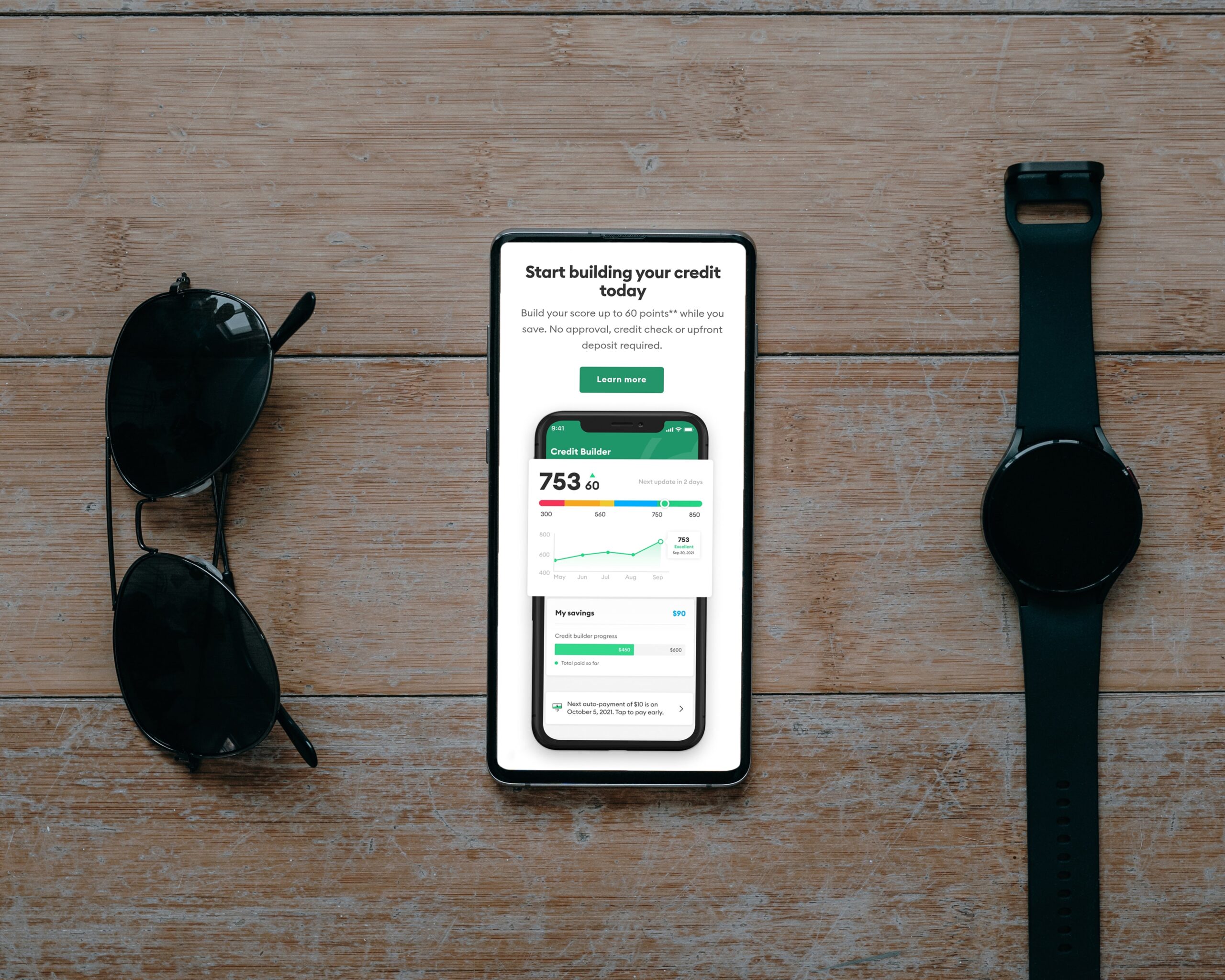Quick Response
Taking up a second job may allow you to cover the expense of inflation or invest for future financial goals. However, before you go job looking, consider the potential physical, mental, and financial consequences to determine whether taking on a side gig is worthwhile.
As the cost of living rises owing to inflation, taking on a second job may be an option you consider to assist offset rising expenses. You’d be in good company: According to a Qualtrics poll, over 4 in 10 (38%) of surveyed workers have begun looking for a second job, and 14% aim to start shortly. While having a second job means having more money in the bank, it also means having more physical and mental stress, less time for family and friends, and more expenses such as child care and transportation. Consider the following before beginning your hunt for a second job to ensure that it is the appropriate step for you.
When Should You Consider Taking on a Second Job?
A second job may be a suitable alternative in the following situations:
-Your present spending are becoming prohibitive due to inflation.
-You must repay high-interest credit card or medical debt.
-Your spouse has been laid off, and you are struggling to make ends meet.
-You wish to save for a specific financial objective, such as college tuition, a down payment on a house or a new automobile, or the creation of an emergency fund.
-Aside from salary, a second job may provide other financial benefits. Some firms, for example, provide health insurance or retirement plans to part-time employees. Working at a store you already shop at (such as a supermarket or big-box retailer) may entitle you to an employee discount.
You can even employ a second job to try out a new career. Are you wondering if you’d be happy as a teacher? Part-time tutoring might assist you in determining this. Second employment may provide training in new skills that may increase your chances of finding full-time work. They may even function as a safety net if your primary employer fires you.
Keep in mind that you will most likely be limited in the number of hours you may work because you must make time for your primary employment. Remote jobs that don’t require a commute can give you more options.
What Are the Potential Consequences of Working a Second Job?
There are various disadvantages to consider before taking on a second job.
Extra Charges
A second job may require you to spend extra money on wardrobe, transportation, and lunches. If you’re too exhausted to shop, cook, or clean, you might end yourself ordering takeout or engaging a housekeeping service every night. You may have to pay someone to look after your child or children in order to work a second job. Determine the expense of the second job and whether the extra revenue is worthwhile.
Putting Your Primary Job at Risk
Employees in some jobs are required to sign noncompete agreements that prohibit them from working for competitors. Examine any paperwork you signed when you were employed to see if it limits your possibilities. Even if your firm does not forbid moonlighting, the additional demands of a second job may impair your performance at your primary employment.
Personal and family time is lost.
Because you’ll have less time for them, your relationships with your significant other, children, and friends may suffer. Because you work so much, your partner may believe you aren’t contributing enough at home.
Exhaustion, both mental and physical
Working a second job may need working at night or at unusual hours, resulting in erratic sleep. Having less time to rest, exercise, and eat healthy may have an adverse effect on your physical and emotional health. It can make more sense to spend your time learning new skills so you can advance in your current position or find a better one.
Options for Getting a Second Job
Getting a second job isn’t the only method to deal with increased expenses, pay off debt, and invest for future goals. Consider the following alternatives:
Request a Raise
Despite rumors of a recession, according to Labor Department data, there were 1.9 job vacancies for every unemployed worker in September 2022. Your employer may prefer to pay you extra rather than spend time looking for a successor.
Be prepared to detail your job obligations, successes, and concrete ways your hard work has impacted your employer’s bottom line before asking for a raise. To arrive at a desired pay range, use websites such as Glassdoor, Salary.com, and Indeed to examine average wages in your field and locality. If you are unable to negotiate a raise, you may be able to negotiate perks such as additional paid time off, stock options, or bonuses.
Cut Your Expenses
Tightening your belt can make your money stretch further, and if it does, you won’t need a second job. You could try the following:
Examine your budget and look for methods to save money.
Unused subscriptions or memberships should be cancelled.
Examine your insurance policy for potential reductions, then compare prices to determine if other insurance companies offer the same coverage for less.
To save money on petrol and maintenance, take public transportation, ride your bike, or carpool.
Reduce food expenses by shopping at supermarket sales and cooking at home rather than eating out.
Find a New Job
Rather than working more hours, use your free time to hunt for a better-paying employment. Make changes to your resume and LinkedIn profile. Use online salary information to narrow your search to organizations that pay in your desired range. When you get a job offer, don’t be hesitant to bargain for the wage you want.
Make Passive Income
You don’t have time for a second job? You might be able to earn passive money. Make extra money by renting out your garage, storage space, or a room in your house, or by renting out your automobile to a car-sharing service. Clear out your closets, cellar, and attic and sell secondhand clothing, furniture, or electronics on the internet.
Make Use of Employee Benefits
Examine your employment benefits for money-saving bonuses, such as a health savings account (HSA) or flexible spending account (FSA) that allows you to save pretax dollars for qualified medical expenses. Your employer may provide insurance, entertainment, mobile plans, or child care savings. Some employers even pay for continued education or assist employees with student loan repayment.
Make the Most of Your Credit Card Benefits
When striving to conserve money, you should avoid overspending on credit cards. However, using credit cards intelligently can help you save money on items you’d make otherwise. Use a gas rewards credit card at the pump, for example, to offset higher fuel prices, or a supermarket rewards credit card to alleviate the pain of rising food expenditures. Are you having trouble paying off your credit card debt? Transferring your amount to a balance transfer card with an introductory 0% APR might save you hundreds of dollars per month in interest. Simply pay off the amount before the promotional period expires to avoid paying additional interest.
In conclusion
Getting a second job may give the additional income you require when money is tight, but it is not the only option. There may be financial assistance resources in your neighborhood that can help you get by. If debt is making it difficult to pay your obligations, a professional credit counselor can assist you in developing a strategy to continue making payments while protecting your credit score. Taking up a second job is a significant step, so weigh all of your alternatives before taking the plunge.





























